Background
Healthcare is one of the fields that is most rapidly adopting new technologies. These new technologies can help healthcare professionals to provide better and more efficient care. One of the most promising new technologies is augmented reality (AR).
Augmented Reality
Augmented reality is a technology that overlays virtual objects onto the real world. These virtual objects can be images, videos, or other information. AR can be used with a variety of devices, such as smartphones, tablets, or AR glasses.
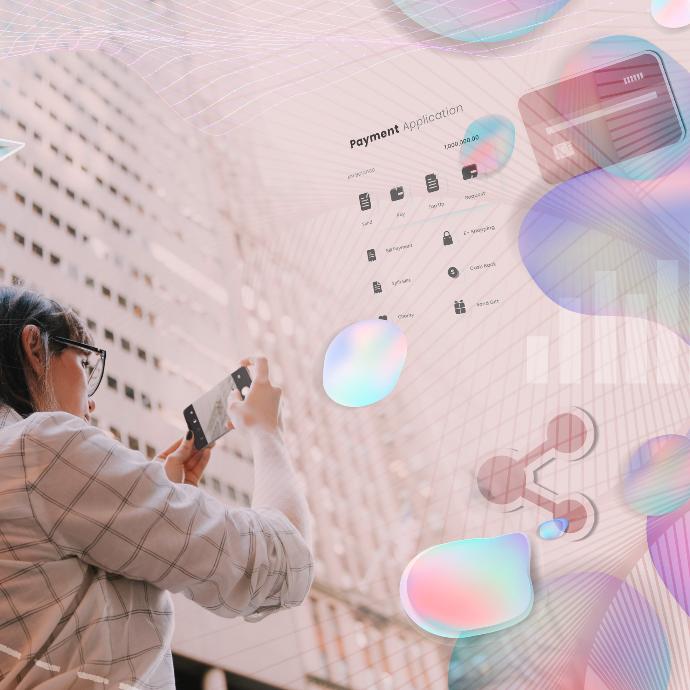
Education and training
AR can be used to provide more realistic and interactive training. For example, AR can be used to teach medical students about human anatomy.
Benefits of AR in Healthcare
AR has a variety of benefits in healthcare, including:
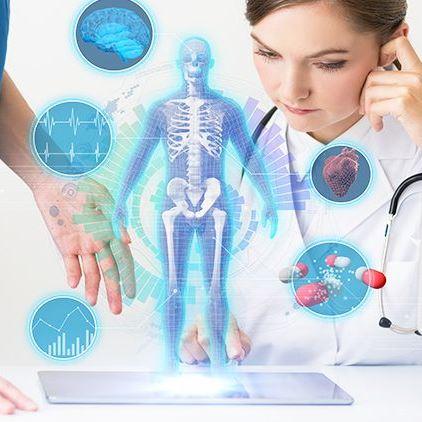
Improving the effectiveness of learning and training
AR can be used to provide more realistic and interactive training for healthcare professionals. For example, AR can be used to teach medical students about human anatomy. AR can also be used to simulate complex medical procedures, so that healthcare professionals can practice before doing them on real patients.
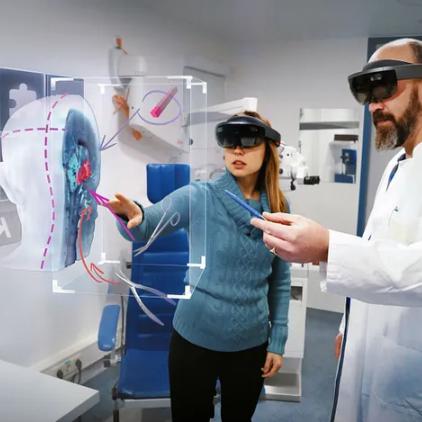
Improving the accuracy of diagnosis
AR can be used to help healthcare professionals to diagnose diseases. For example, AR can be used to display 3D images of organs or to scan patients' bodies for signs of disease. AR can also be used to help healthcare professionals to identify the affected parts of the body.
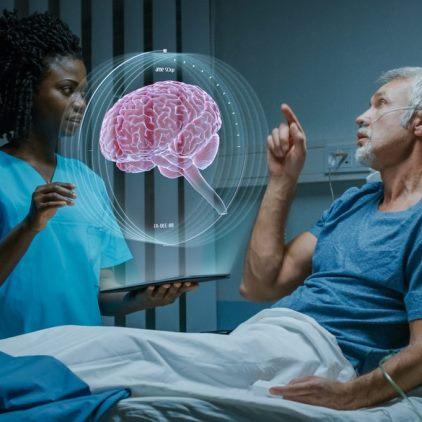
Improving the effectiveness of care
AR can be used to help healthcare professionals to provide more accurate and timely care. For example, AR can be used to display surgical instructions or to help patients to follow care instructions. AR can also be used to provide more interactive and engaging therapy for patients.
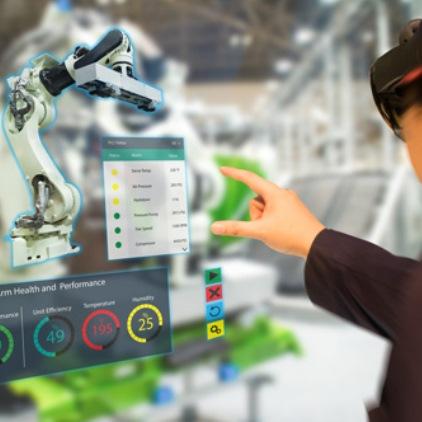
Improving the efficiency of monitoring
AR can be used to monitor patients' conditions in real time. For example, AR can be used to monitor patients' heart rate or blood pressure. AR can also be used to detect changes in patients' conditions early, so that healthcare professionals can provide faster and more effective care.
Examples of AR Applications in Healthcare
Here are some examples of AR applications in healthcare:
- Medical Realities is a company that develops AR applications for medical education. This application allows medical students to learn human anatomy interactively.
- Augmedics is a company that develops AR glasses for surgery. These glasses display 3D images of organs, so that surgeons can see more clearly during surgery.
- Vuzix is a company that develops AR glasses for therapy. These glasses display images and videos that can be used for behavioral therapy or rehabilitation therapy.
The potential to be used in a variety of other fields.
As AR technology continues to develop, we will likely see even more innovative and impactful applications of this technology in the real world.
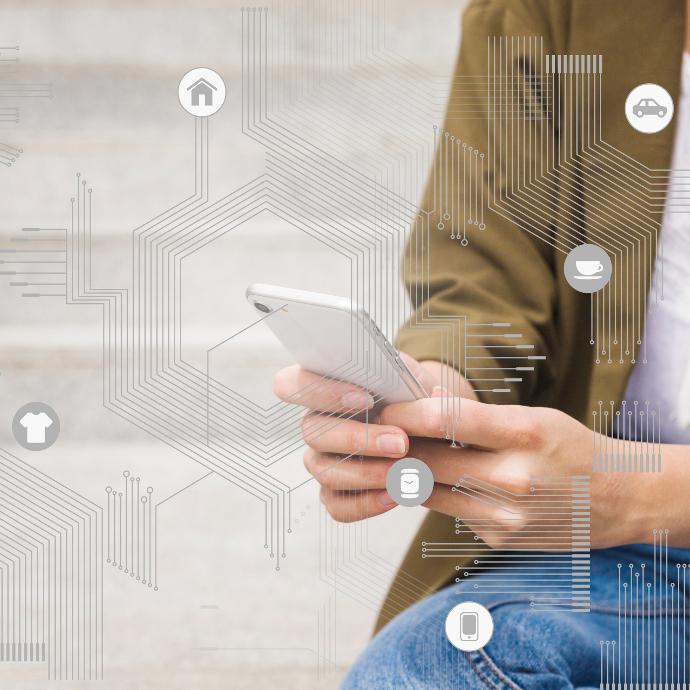
Challenges in the Implementation of AR in Healthcare
Although AR has great potential, there are some challenges that must be addressed in its implementation in healthcare, including:
- Cost: AR is still a relatively new technology, so the cost is still high.
- Accuracy: AR must be accurate and reliable to be used in medical applications.
- Safety: AR must be safe for use by healthcare professionals and patients.
These challenges must be overcome in order for AR to be widely adopted in healthcare.
Additional Information
In addition to the benefits and challenges mentioned above, AR also has the potential to:
- Improve patient satisfaction
- Reduce medical errors
- Increase access to healthcare
As AR technology continues to develop, it is likely that we will see even more innovative and impactful applications of this technology in healthcare.
Conclusion
AR has the potential to revolutionize healthcare. This technology can help healthcare professionals to provide better and more efficient care. AR is still under development, but it has shown great promise.